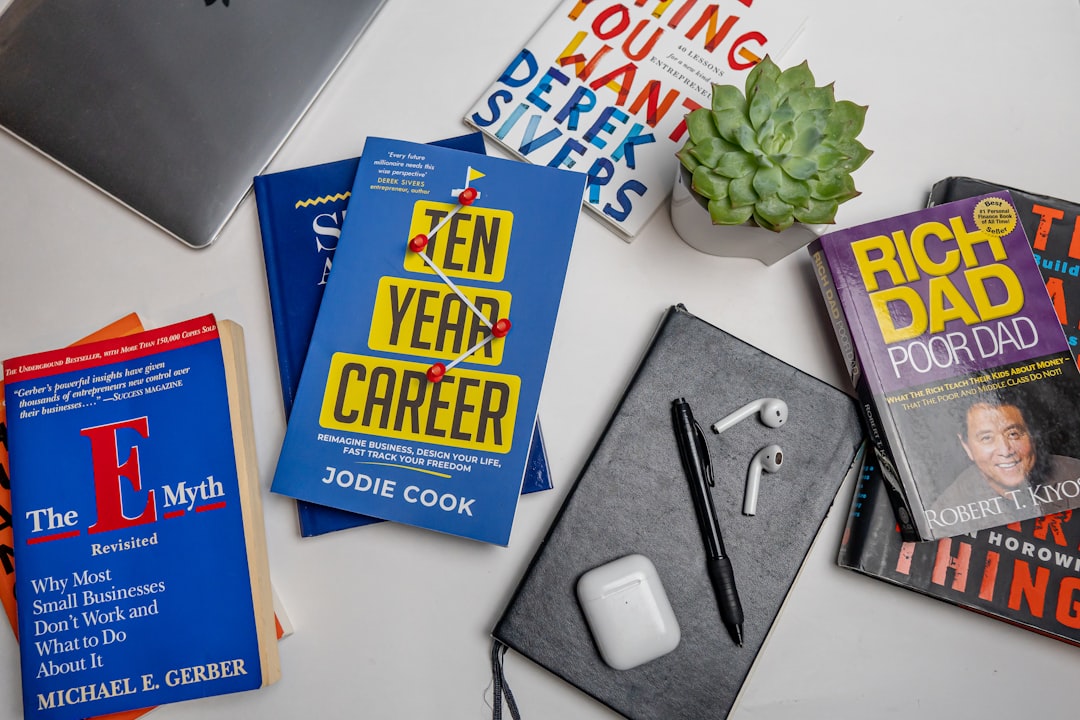No products in the cart.
Decade-Spanning Career Strategies for the Next Generation
Discover how to build a career legacy with strategies that span decades, ensuring meaningful growth and adaptability.
San Francisco, USA — In a rapidly changing job market, thinking beyond the immediate future is essential. The modern workforce is no longer defined by a single career path. Instead, it’s an intricate web of opportunities that span decades. As the landscape of work evolves, so too must our strategies for career development.
Long-term career planning is not just about setting goals for the next year or two. It’s about envisioning where you want to be in ten, twenty, or even thirty years. This generational thinking can significantly impact how we approach our professional lives. By understanding the larger trends shaping our industries, individuals can better position themselves for success.

According to a report by the World Economic Forum, over 85 million jobs may be displaced by 2025 due to the rise of automation and artificial intelligence. However, this same report suggests that 97 million new roles could emerge, emphasizing the need for adaptability and foresight in career planning[1].
One critical aspect of building a decade-spanning career strategy is identifying transferable skills. The ability to pivot and apply skills in various contexts is crucial. For instance, communication, problem-solving, and digital literacy are universally valued across industries. As professionals invest in their education and training, they should prioritize these versatile skills, ensuring they remain relevant in the face of technological advancements.
As professionals invest in their education and training, they should prioritize these versatile skills, ensuring they remain relevant in the face of technological advancements.
Additionally, networking plays a pivotal role in long-term career success. Building relationships across different generations can provide invaluable insights and opportunities. A study by LinkedIn revealed that 85% of jobs are filled through networking, underscoring the importance of cultivating a diverse professional network[2]. Engaging with mentors, attending industry conferences, and participating in professional organizations can create pathways to new opportunities.
Another layer to consider in generational career planning is the impact of remote work. The COVID-19 pandemic has accelerated the acceptance of remote and hybrid work models. A survey by McKinsey found that 58% of employees are more productive when working remotely[3]. This shift means that professionals must develop skills that facilitate effective remote collaboration, such as digital communication and virtual teamwork.
Moreover, organizations are increasingly prioritizing mental health and work-life balance. A 2022 Gallup report indicated that employees who feel supported by their employers are 18 times more likely to be engaged at work[4]. As such, future-focused professionals should seek out workplaces that align with their values and prioritize well-being.
In terms of educational pathways, there is a growing emphasis on lifelong learning. The traditional model of education is no longer sufficient in a world where new skills are constantly in demand. Online courses, certifications, and workshops are becoming essential tools for professionals looking to stay competitive. Platforms like Coursera and edX offer a plethora of resources that cater to the needs of today’s workforce, allowing individuals to upskill at their own pace.
Furthermore, entrepreneurial ventures are becoming more prevalent among younger generations. According to a 2023 report from the Global Entrepreneurship Monitor, 10.5% of adults aged 18-64 in the U.S. are actively involved in starting or running new businesses[5]. This trend reflects a shift in mindset where individuals prioritize autonomy and innovation over traditional employment. Aspiring entrepreneurs should consider incubators and accelerators as valuable resources that can provide mentorship and funding opportunities.
As such, future-focused professionals should seek out workplaces that align with their values and prioritize well-being.
As we look to the future, it’s clear that the ability to adapt and evolve will be paramount. The workforce of tomorrow will demand professionals who not only possess the right skills but also understand how to navigate an ever-changing landscape. By implementing decade-spanning career strategies, individuals can build a robust professional identity that withstands the test of time.
Ultimately, the future belongs to those who are willing to invest in their growth today. Embracing change, fostering connections, and committing to lifelong learning will empower the next generation to thrive in their careers. As they build their professional legacies, they must remain vigilant, flexible, and open to the opportunities that lie ahead.











